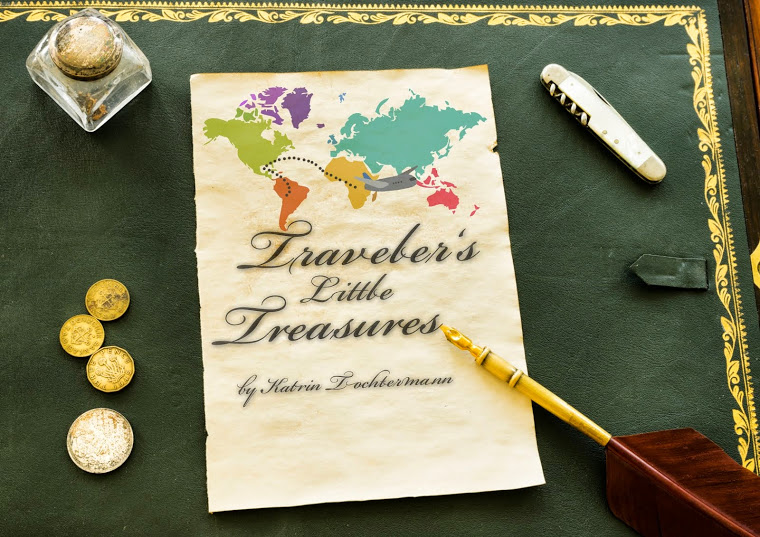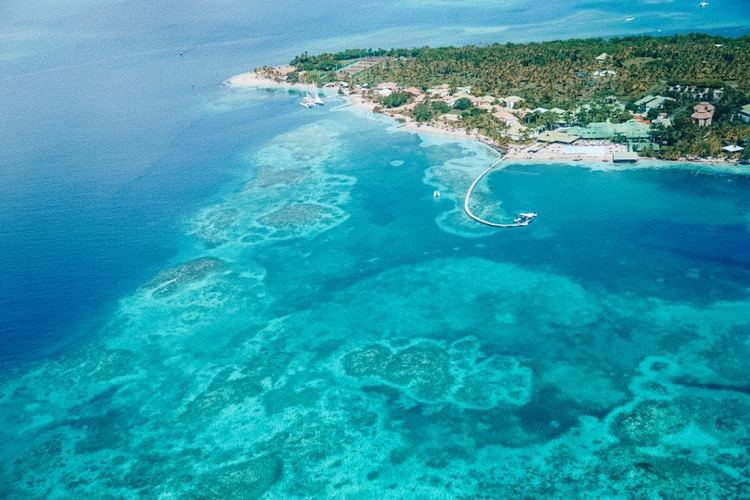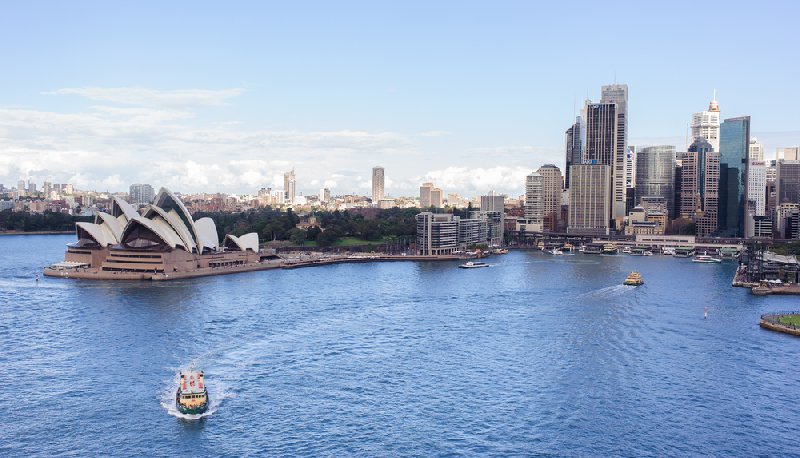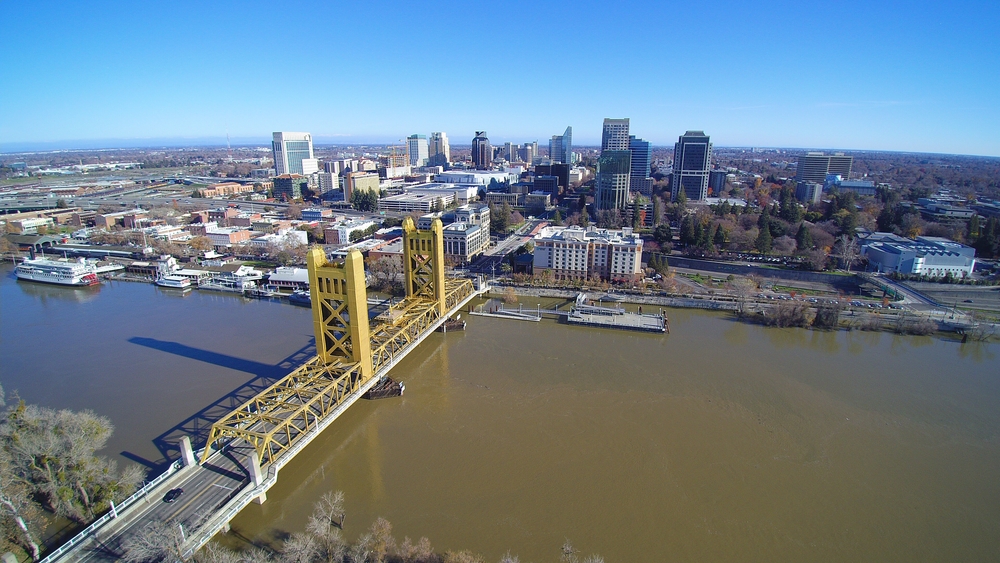Close your eyes and picture the typical postcard image you…
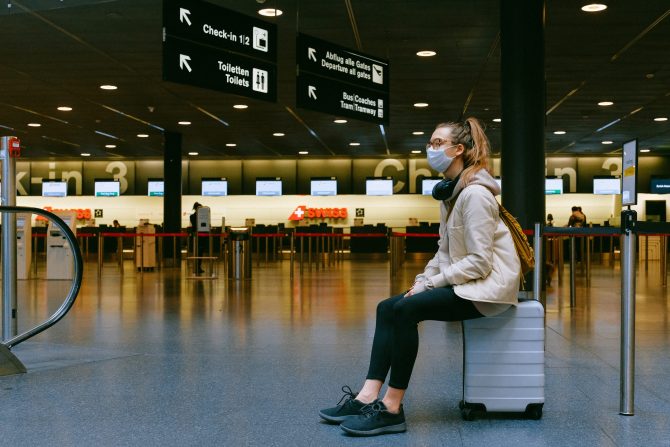
Planning a Trip During This Pandemic? Important Tips To Use
If you are looking to get out of a busy schedule, travelling is just the ticket. Travelling to a nearby town or flying to a new country can be an exciting yet daunting task to do. It is exciting when you meet new people, learn new cultures and embark on making new memories.
It can be overwhelming to make the necessary preparations. You might get lost, experience language barrier, get sick, and lose your stuff, to mention a few. However, with the right precautions and measurement, you can eliminate such hurdles.
Sadly, that is just the tip of the iceberg. The Covid-19 pandemic has made it harder to travel to various destinations. Many countries are on lockdown, and if you are lucky enough to travel to one that is not on lockdown, you might find some of its cities are under lockdown limiting your movement.
Travelling at this time increases your chances of contracting and spreading the virus. However, if you cannot fight the urge to travel, you can still travel, and it would be best to use the following tips for safety purposes.
Do Thorough Research
Country
To mitigate the spread of the virus, some countries have come up with strict measures. Some are prohibiting tourists from entering by plane, sea, car or any other means. Doing so has helped reduce cases and effectively control the spread.
Before travelling, ensure that you research countries in lockdown and those allowing entry of tourists. Also, ensure that you find out if there are chances of the country going into lockdown anytime soon.
Who wants to travel to a country and end up stuck there for another three to six months?
Additionally, while researching countries, it would be wise to choose one with lower virus cases.
Accommodation
The pandemic has led to many businesses’ closure, and many hotels and restaurants have also closed. Before travelling, you should research various accommodations available that are open and accepting tourists.
Also, ensure that you research the hotel’s specific location to verify whether it’s safe depending on the number of cases available.
Travel options
While travelling, it would be best to avoid public transportation as you move from one place to another. If possible, you should set aside enough money to use private transportations.
Essentials To Take With You
There are common things you would carry while travelling. You should always carry essential documents such as a visa, passport, identity cards, license, and health insurance.
Other things may include clothes, accessories, makeup, and favourite eyewear from www.eyeglasses.com. However, this is no longer the same. To protect yourself from contracting the virus, you will have to add a few more things on your packing list.
You may have to carry your drinks and snacks as buying from various outlets exposes you to contracting the virus. You also need to carry face masks and ensure you keep one on throughout. Also, carrying a face shield is an added advantage. A personal hand sanitiser is also a must.
Did you know that it is a requirement to carry your Covid test results? Before travelling, it is mandatory to get a Covid test three days before travelling. Even if you have been vaccinated, you should have Covid test results while travelling.
Safety Precautions
There are vital safety precautions you should take before, during and after travelling. On the day of travel, ensure you wake up early as a lot of time will be wasted passing through various checkpoints before arriving at the airport.
While at the airport, it might also take longer to check-in due to long queues, measuring temperature and you might fill in a Covid-19 questionnaire. You will also have to endure a long flight before arriving.
All along, you should ensure that you keep social distance and sanitise your hands regularly. You should also sanitise your items, such as the hotel key card. Lastly, ensure that you avoid crowded places at all times.
Engage in Low-Risk Activities
Travelling might be different and less interesting than before, but there are still a few low-risk activities you can engage in for an exciting experience. Engaging in low-risk activities reduces your chances of contracting the virus.
Low-risk activities may include beach walks, a hike, mountain climbing, and a bike ride. You can also identify what other low-risk activities to engage in depending on your location. If you are travelling with kids, you should also research low-risk activities that will also be interesting as children get bored quickly.
The above tips can help keep you and your loved ones safe. It would be best to use them the next time you travel. However, if it is not a must, you should refrain from travelling and wait for things to get better.
